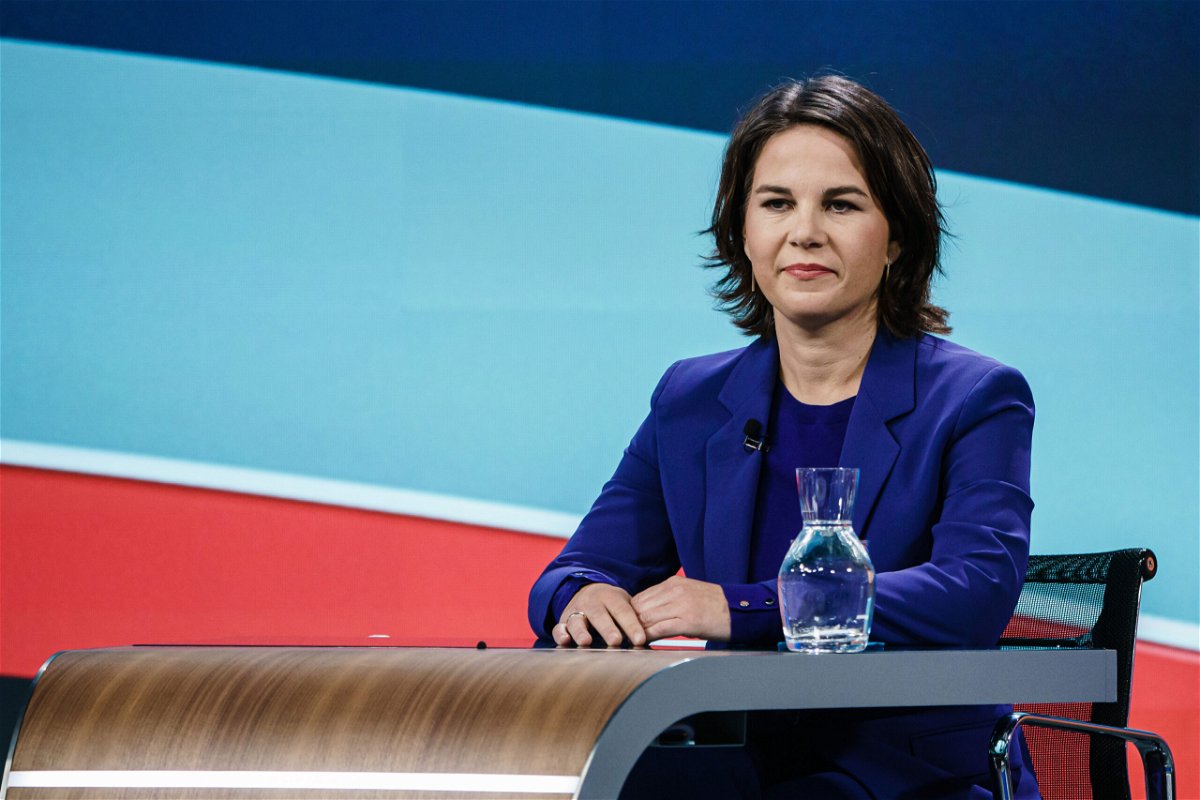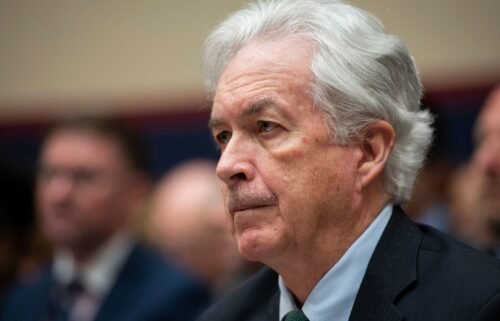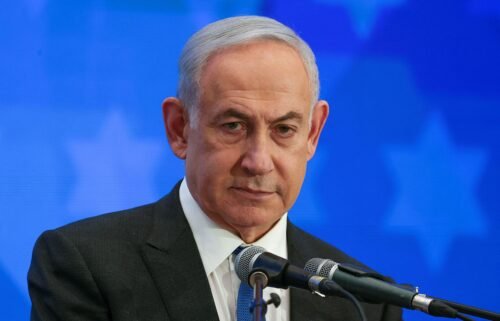Five key takeaways from Germany’s historic election

By Tara John, Nadine Schmidt, Stephanie Halasz and Frederik Pleitgen, CNN
Germany’s left-leaning Social Democratic Party (SPD) won the largest share of the vote in Sunday’s federal election, putting them in pole position to form the country’s next coalition government — but they could be in for some tricky negotiations.
Angela Merkel, one of the world’s highest profile political leaders during her 16 years in office, will stay in the top job until a deal is done. But the haggling could take days, weeks, or even longer — it took months for a government to be formed after Merkel’s 2017 election win.
Here are some key takeaways from the historic vote:
Worst ever result for Merkel’s party
Merkel’s Christian Democratic Union (CDU) had its worst ever showing, posting record losses. Together with its Bavarian sister party the Christian Social Union (CSU) it notched up 24.1% of the vote, compared to the SPD’s 25.7%, and lost 49 seats in total; the CSU lost one other seat (the SPD gained 51 seats).
CDU leader Armin Laschet, whose ratings dipped towards the end of the campaign following a number of gaffes, told supporters the party “cannot be content with this result,” but insisted his party would “do everything to try to build a coalition.”
Supporters had argued that a vote for the CDU represented stability for the country once Merkel — seen as a steady pair of hands for years — steps down, but the result is a bitter one for the chancellor’s party.
A big night for the Greens
Climate was one of the key issues on the campaign trail — particularly after deadly floods devastated areas of western Germany over the summer — and that played to the Greens’ advantage.
The party scored 14.8% of the vote, gaining 51 seats.
Its co-chair, Annalena Baerbock, a former professional trampolinist, credited her party’s success to attracting young and new voters.
“This momentum from the marketplaces, from so many [people] who joined our party in the last years, has led to this historical best result,” she told crowds of supporters at the party’s headquarters on Sunday night.
But Baerbock added that the Greens had “wanted more” and had aimed to become the ruling party; early in the campaign the Greens held a brief lead over both main traditional parties, CDU and SPD.
On Monday, Baerbock said the party was “open for talks with other German parties,” adding: “We have received a clear mandate from the voters to ensure a new beginning for our country.”
FDP and Greens likely kingmakers
The Greens now look set to play a kingmaker role in any coalition — alongside the liberal, business-friendly Free Democrats (FDP), who secured 11.5% of the vote, and gained 12 seats on top of their 2017 performance.
The FDP has never led a German government but has been the junior partner in coalitions with both the CDU and the SPD in the past.
Its leader, Christian Lindner, said Monday that exploratory talks have already begun with the Greens: “There are the greatest differences in content between the Greens and the FDP … therefore it makes sense that … we should look for common ground,” he told reporters in Berlin.
Lindner also said his party was ready to talk to the SPD and the CDU.
Merkel’s seat flips
In a night marked by a series of bitter blows for the CDU, perhaps the most telling was the loss of Angela Merkel’s own seat.
The outgoing chancellor’s constituency — Stralsund, in northeast Mecklenburg-Vorpommern — flipped to SPD candidate Anna Katharina Kassautzki, a 27-year-old who works at the University of Greifswald.
Far-right gains in former East Germany
Germany’s far-right, anti-immigrant Alternative for Germany, the AfD party, lost 11 seats overall, but came out on top in the eastern states of Thuringia and Saxony.
The AfD, which has pledged to barricade the nation against Europe’s open borders, won its first seats in the Bundestag in 2017, following Angela Merkel’s decision to welcome more than one million migrants into the country.
Its nationalist message has struck a chord in parts of the former East Germany, but the party has largely been shut out by Germany’s mainstream political parties.
Earlier this year, the AfD was placed under surveillance by the country’s intelligence service, on suspicion of trying to undermine Germany’s democratic constitution.
The-CNN-Wire
™ & © 2021 Cable News Network, Inc., a WarnerMedia Company. All rights reserved.
CNN’s Sugam Pokharel, Jennifer Deaton and Helen Regan contributed to this report. Additional reporting by Reuters.




